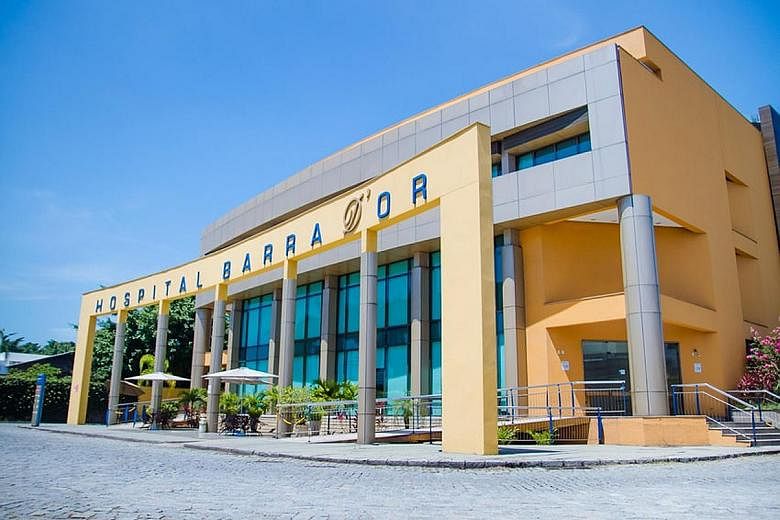Singapore's sovereign wealth fund GIC has significant exposure to emerging markets and views them as positive contributors to long-term real returns, or net returns above global inflation, said its chief executive Lim Chow Kiat.
At the fifth anniversary celebration of GIC's Brazil office last Thursday, he highlighted the opportunities that emerging markets offered, adding that they made up over 20 per cent of GIC's portfolio.
This was higher than most global investors, said Mr Lim.
GIC has investments in more than 40 countries and has been investing in emerging markets for more than two decades.
It manages a diverse portfolio of foreign assets in excess of US$100 billion (S$135 billion) on behalf of the Singapore Government.
Outlining its strategy in a time of uncertainty in the global investment environment, Mr Lim said: "We simply cannot expect broad market exposures to give us the same levels of historical returns.
"We need to supplement with alphas, or idiosyncratic exposures, but do so cautiously and only in areas where we can commit to building capabilities," he told a forum in Sao Paulo.
GIC's office in Sao Paulo was an example of that, he said. Despite the challenging environment in Brazil over the past five years, GIC did not just stay on - it expanded its capabilities and partnerships.
But GIC remains concerned about global uncertainties, said Mr Lim, especially "given elevated market valuations and low volatility" in developed markets.
"The potential reward for risk-taking is not particularly favourable," he added.
Key issues included China's slowdown, a flare-up in geopolitical conflicts and inflation, which is rising faster than expected after a lack of such pressures in the past decade. This affects asset valuations.
In the longer term, there were also structural issues, such as demographic changes, high leverage and limited policy room, he said.
"In particular, we are concerned about brewing instability of the middle class in developed countries, stemming from uneven participation in globalisation and technology," Mr Lim added.
"If these persist, the result will be weaker growth," he said. "Coupled with high starting asset prices, investors face the prospects of lower future investment returns."
Weighing in on Brazil, Mr Lim said GIC believed the emerging market was on its way to economic recovery - but it still needed to complete social security reforms, privatisation and tax simplification.
GIC has a 25 per cent stake in Brazilian telecommunications company Algar Telecom and, in 2015, acquired a minority stake in healthcare services provider Rede D'Or.
Mr Lim added that the fund remained positive on Brazil's consumer-related sectors such as healthcare and education, and is keeping an eye on areas like real estate and infrastructure.
"We already have exposures in all these areas. As the economy grows, we look to build on them."


